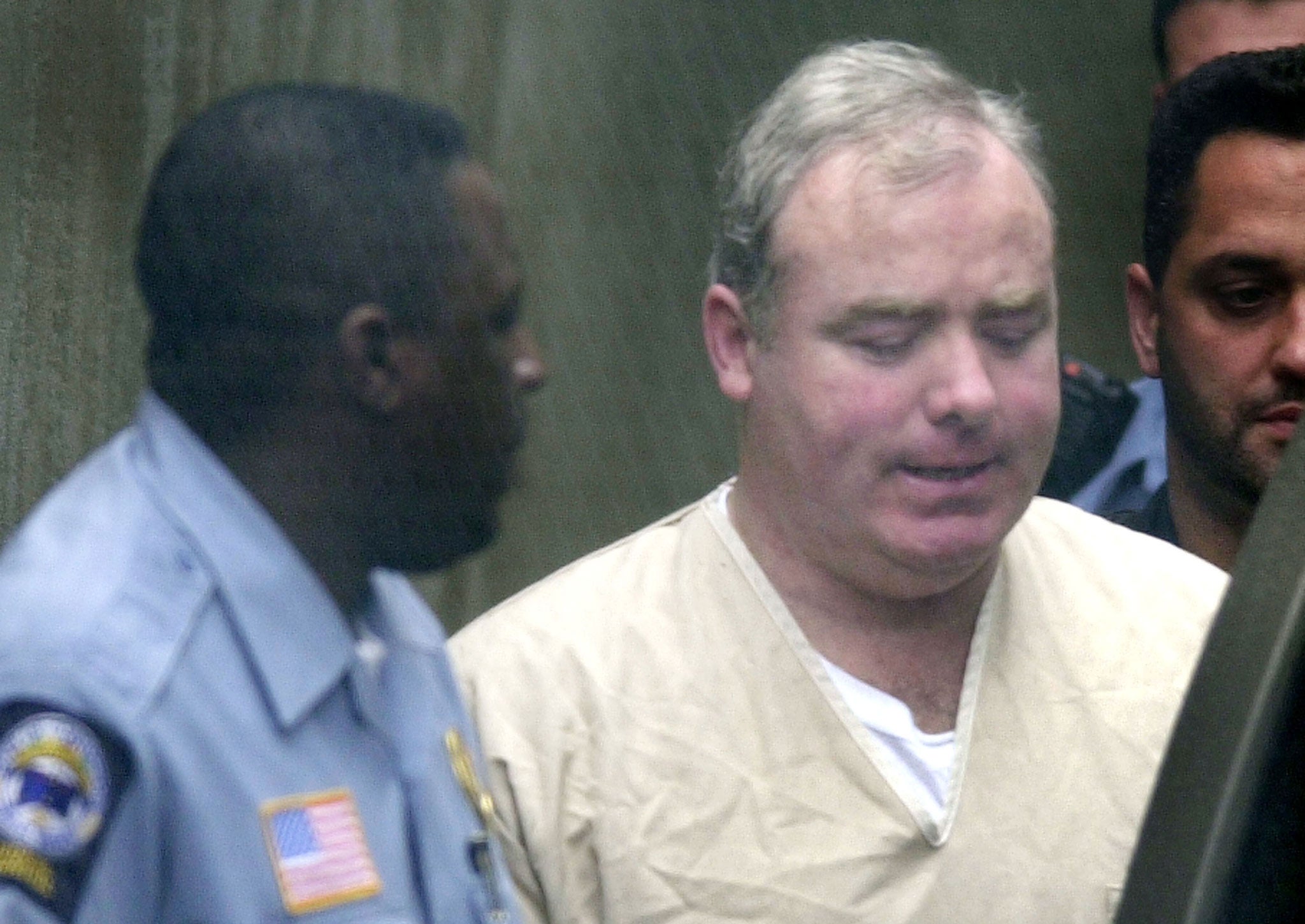How the convicted nephew of a Kennedy could become an unlikely poster boy for reform of the US justice system
He's rich and well-connected. But Michael Skakel's case deserves close examination

Your support helps us to tell the story
From reproductive rights to climate change to Big Tech, The Independent is on the ground when the story is developing. Whether it's investigating the financials of Elon Musk's pro-Trump PAC or producing our latest documentary, 'The A Word', which shines a light on the American women fighting for reproductive rights, we know how important it is to parse out the facts from the messaging.
At such a critical moment in US history, we need reporters on the ground. Your donation allows us to keep sending journalists to speak to both sides of the story.
The Independent is trusted by Americans across the entire political spectrum. And unlike many other quality news outlets, we choose not to lock Americans out of our reporting and analysis with paywalls. We believe quality journalism should be available to everyone, paid for by those who can afford it.
Your support makes all the difference.Michael Skakel is a free man after eleven years in prison for the 1975 murder of a teenage girl with a golf club. Well, that’s how it’s being reported anyhow, though in reality, he’s out on $1.2 million (circa £750,000) bail pending retrial because of inadequate representation, he’s been electronically tagged and he can’t leave the State of Connecticut.
Still, outcomes like this rarely occur in a country where over 2.3 million people are incarcerated. In the US, innocent people languish behind bars for life having had only a flimsy defense, and states are loath to allow retrials, even when new evidence surfaces.
So how did Skakel do it? The man on the Clapham Omnibus (or, here perhaps, the MTA Metro-North commuter train) would give you his theory in a second: money and family connections.
Skakel’s known over here as a Kennedy relative (his aunt married Bobby Kennedy), felt to be a spoiled child of rich parents who thought the law didn’t apply to him. On Tuesday, The New York Times ran a front page piece suggesting that the only reason this retrial is happening is because of the Skakel family’s wealth and influence.
People point to the confusion around the case, and say that from the beginning, the investigation was complicated by the family’s wealth and prestige.
But I think many are missing the real issue here, which is only hinted at in the New York Times piece.
There are serious questions about a man’s guilt. His original lawyer’s defence has been deemed inadequate by a court of law. Surely more scrutiny is always the better option when the rest of someone’s life is on the line. And let’s not forget that this case only came to light because of the persistence of reporters practicing their own kind of scrutiny at Greenwich Time and The Advocate newspapers, who pursued the story from 1975 until its publication in 1991.
If oversight has been an issue, if people are worried there could be something corrupt in Skakel’s being granted a retrial, the best thing to do is to seek to answer all their questions in an open court proceeding. I understand it’ll be hard for the victim’s family, that it’ll be expensive, and that it’s happening in extraordinary circumstances, but it is only in this way that we can hope to see justice best served.
And, most importantly, as the Times reported, there are around 600 habeas corpus petitions filed in Connecticut every year, many by people who are too poor to even hire a lawyer. Inadequate representation is a serious problem in the United States. A RAND Corporation report published in 2011 found that effective public defenders in Philadelphia reduced murder convictions by 19 per cent and reduced life sentences by a whopping 62 per cent.
Skakel’s case, unusual though it is, could provide a new impetus—and a common law framework—to redress wrongs committed by lazy and inept public defenders. This is, lest we forget, a country in which lawyers have been known to sleep during their clients’ cases in trials in which the death sentence is the ultimate penalty.
So, though his family has spent millions of dollars on lawyers and investigators, Skakel could become an unlikely poster-boy for getting retrials based on inadequate representation.
I’m not saying Skakel’s innocent or guilty—I don’t think we’ve had the chance to fully review the evidence. But I am saying that if anyone hopes to see justice, they should welcome the retrial. And in the best case, it could lead the way for increased scrutiny when it’s the man on the street who’s in the dock—or in the clink—and not the nephew of Bobby Kennedy.
Join our commenting forum
Join thought-provoking conversations, follow other Independent readers and see their replies
Comments